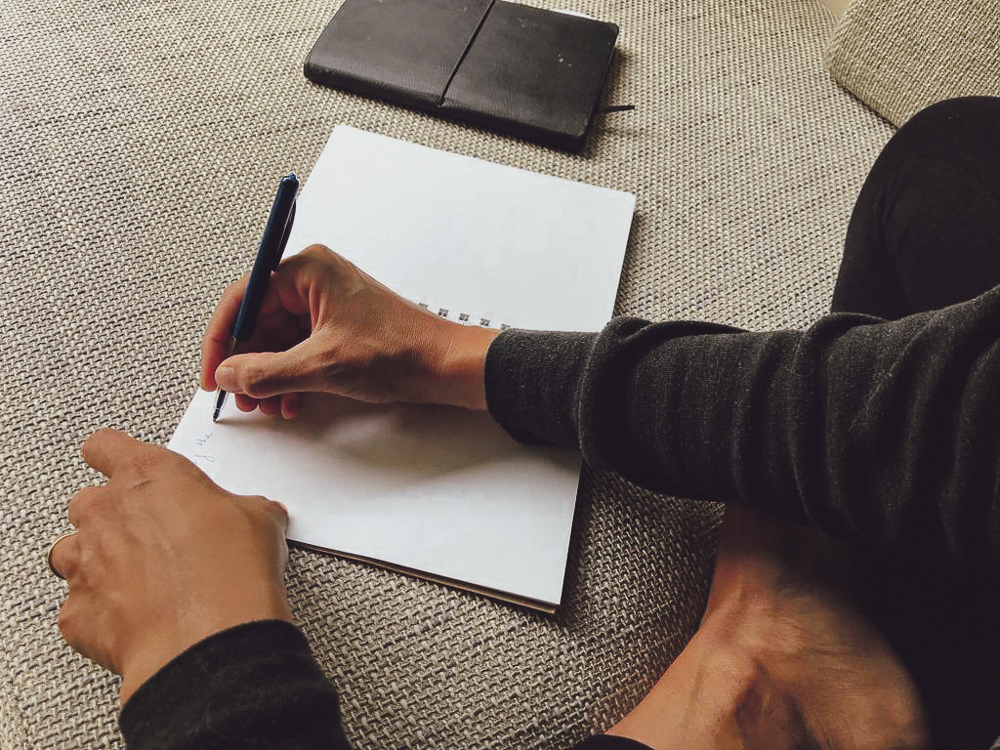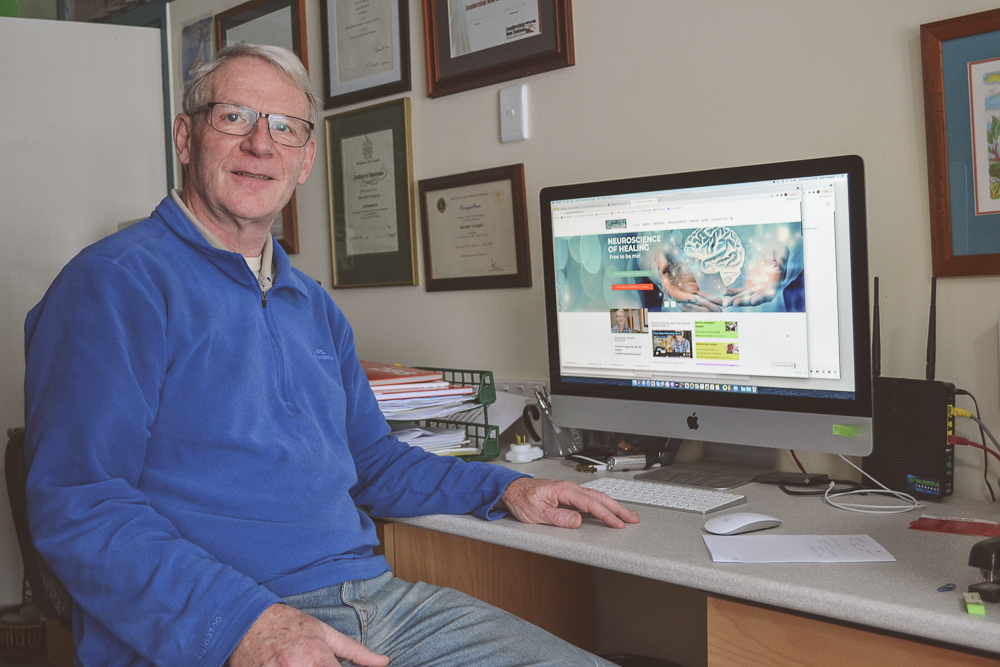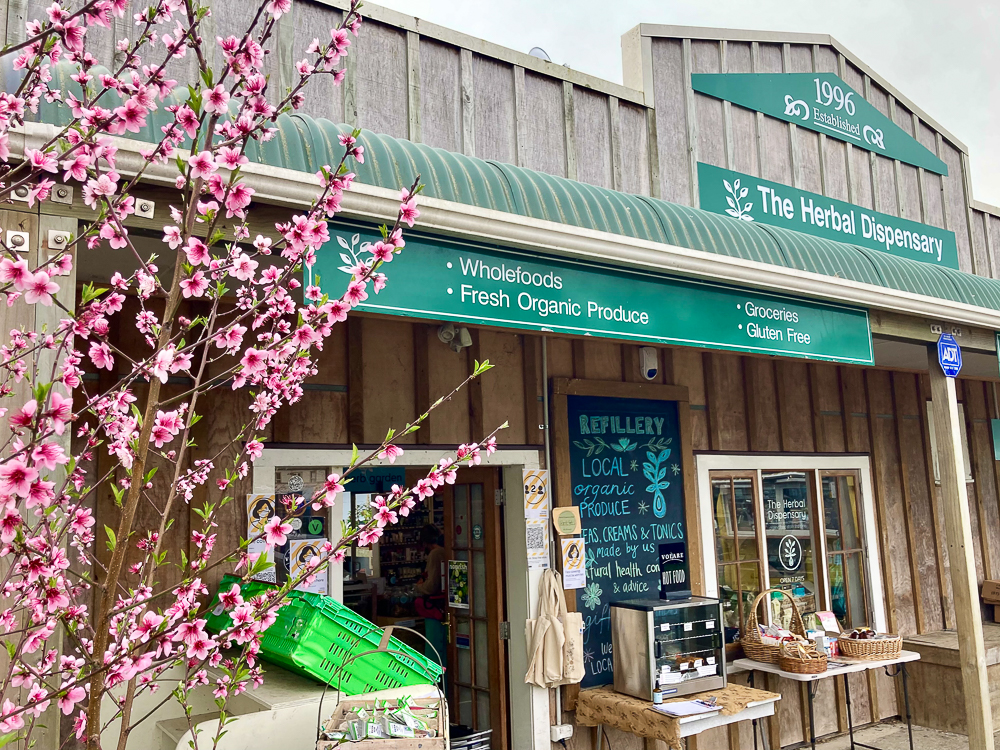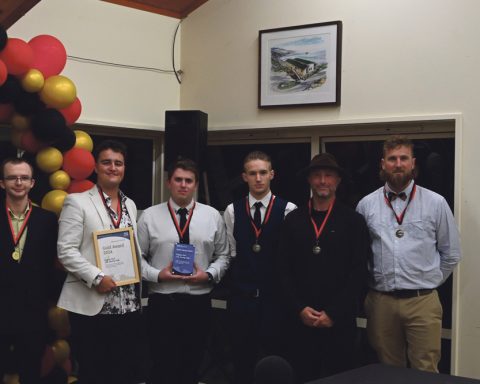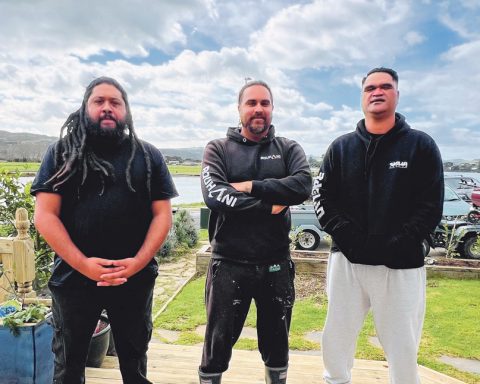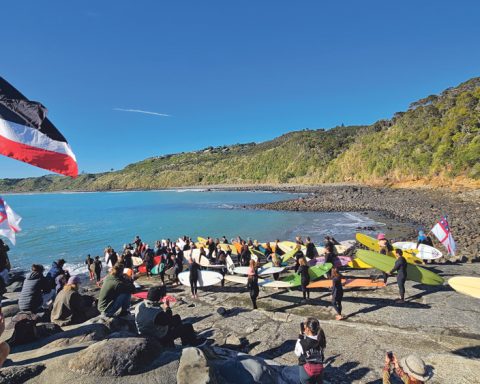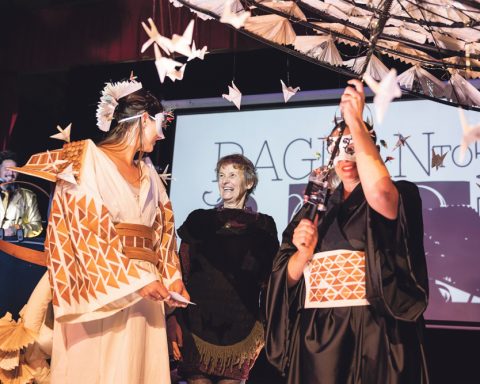As Covid fatigue takes hold over many of us, I am sharing a recent gem uncovered by a new dataset from the UK; the benefits of Free-Writing. The good news comes from a sample of high school leavers, who had repeatedly ‘failed’ English as a subject.
Nevertheless, with the support of daily free-writing practice, a method that wasn’t judged by teachers, the young adults claimed to have markedly improved idea generation and access to a wider vocabulary. The most brilliant thing is that these students were self-taught. The teacher facilitated a creative space, and a creative process, however everything else was testament to the creative process of every individual.
This recent data highlights the success of journaling for young adults; however, this article identifies journaling as a tool for all age groups and will give some tips for ‘how-to’ make this happen in your household.
Free-Writing otherwise known as Journaling is a simple and effective way of manifesting personal growth. Over the last decade many psychological studies have shown that free, creative writing can reduce anxiety, increase well-being, and increase self-efficacy.
I spoke with local business coach Sabrina Weber who has been using journaling for the last four years. Sabrina explained how the journaling process supports her to manifest her inner wisdom and spirituality. She described to me working past ‘mind chatter’ to find a place to have a conversation with ourselves. We spoke about the more traditional practice of keeping a diary, an old-fashioned pastime. However, the process of giving ‘mind-space’ may have also been lost in the process of diminishing the diary. Journaling, however, provides a daily reflective space, it can be used by everyone, it is simple, it is almost completely free, and it can be transported.
Most of us will be adapting our approach to summer this year. I urge you to find time for journaling and make it a daily practice. For those of us with young children, you can ignite this process by establishing a daily scrap-booking practice. This is particularly fruitful if parents/Kaiako gather a selection of cuttings ahead of time. You can make pages of the scrapbook with recycled paper and bind it with string. Newspapers and magazines can form the basis of your cuttings making the process free of charge and environmentally sound.
Older children can leave devices at home (parents included!) and head outdoors with pen and paper, making a mental and physical space for creative reflection. Summer is for dreaming, resting, unwinding, relaxing – add a little journaling this year; it will do you the world of good.
And for us adults, there are many ways to engage with journaling. Firstly, take advice from Julia Cameron’s ‘The Artists Way’, “It is never too late to explore your creativity”. You can follow the method of Morning Pages and start the day with a ‘brain dump’. Sabrina has coached many Raglan locals through this process, “sit with the first few paragraphs and see what comes next. Once you get that out of the way you will start to tap into the world of feelings. Once we get past the ‘stuff-we-are-trying-not-to-forget’ we can set ourselves up for a calm incentive day, taking away chaos from our mind”.
For Sabrina, journaling is like therapy, “you can ask yourself deep questions and you don’t have to be scared to be vulnerable”. Whilst we were chatting, Sabrina reflected on the recent data I shared with her about the benefits of free writing for young adults, “If I am thinking back to my younger self at school I wish that was a ‘thing’. Since I have been journaling, my English has improved immensely, I am still dyslexic but it has removed my fear, it is much more about the message not the grammar”.
Key features of incorporating journaling into school curriculum include, giving people the gift of words, not grading people on their creative output, empowering people with tools to communicate. It is certainly something all parents can reach towards as a teaching aide whilst home-schooling in this lockdown environment.
Another massive effect of journaling is improved well-being, a finding that has been replicated across social sciences. Sabrina comments on this and explains that journaling, “is giving us the space to sit with our emotions as young adults and as grown-ups. To really reflect on how we are feeling as that’s not always encouraged to speak about. We can create that space for ourselves. And writing with pen and paper rather than the computer. When we write with pen and paper it helps us embed the process into our brain, an extra dimension to bring the words to life in our subconscious mind”.
by Katie Lowes
Insta:
@k_lowes_writes
@iamsabrinaweber
@juliacameronlive
Check out our chats on Sabrina’s podcast ‘Femme du Soleil’
